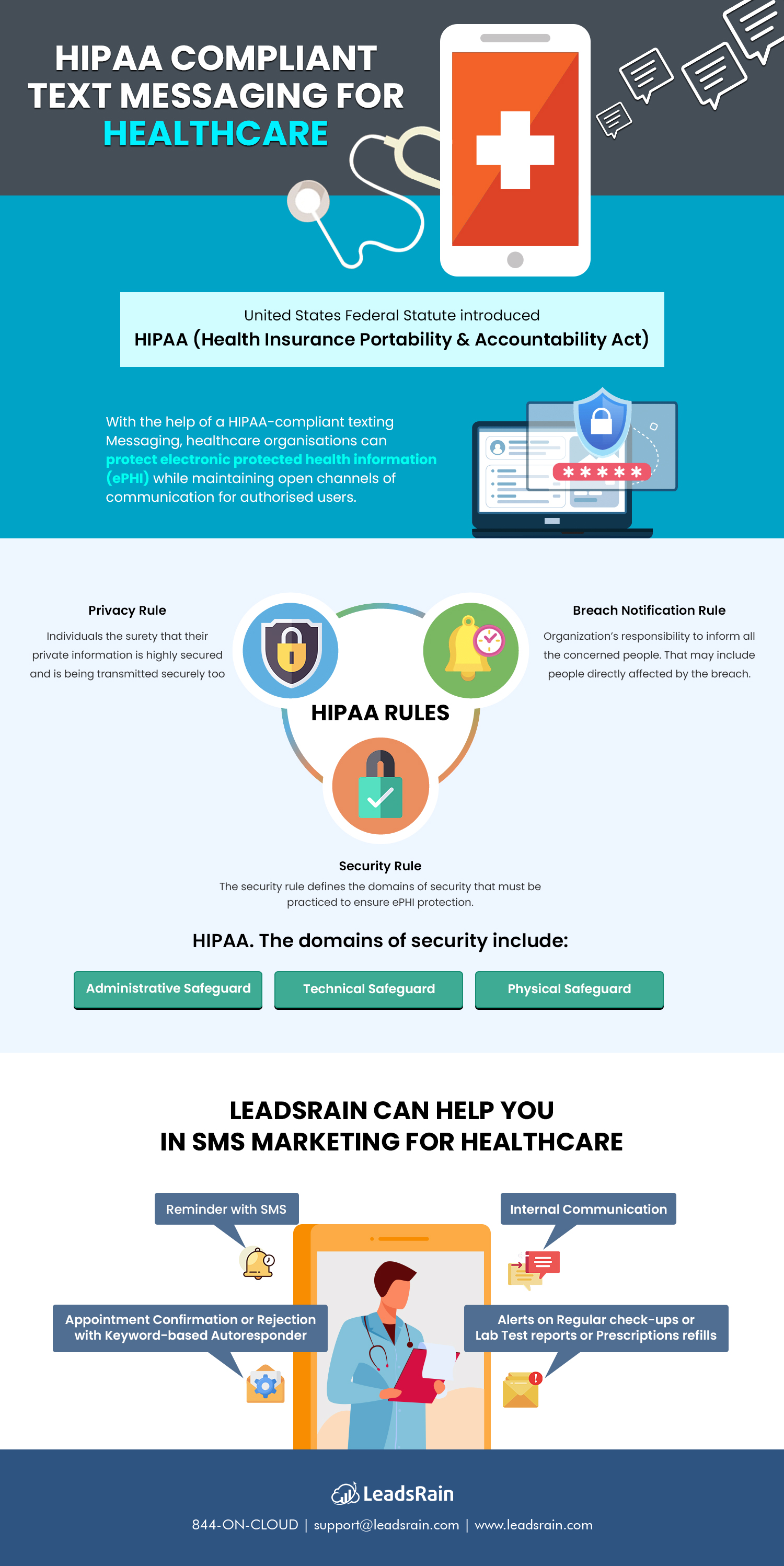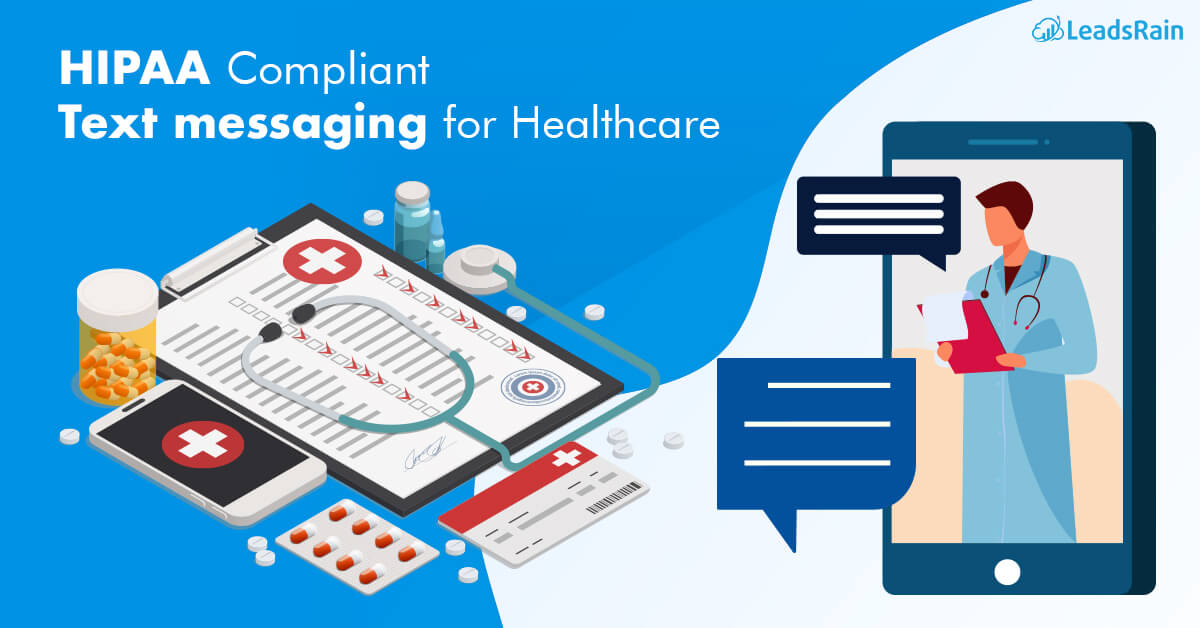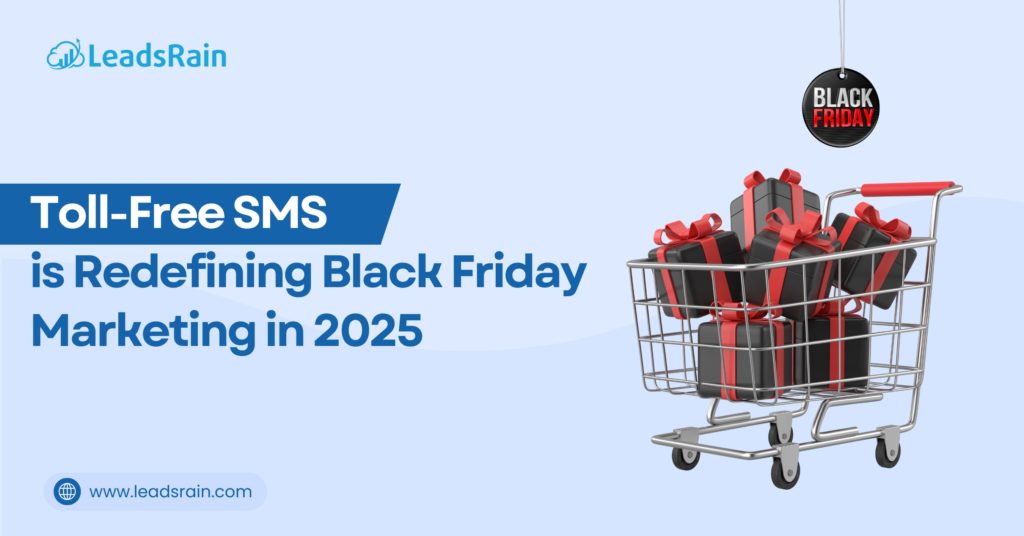One thing that should not be difficult at any cost is communication. Communication is second nature to human beings. In today’s world, the most common form of communication is text messaging. Every day, thousands of people exchange their words over their cell phones. It has become the most convenient form of communication as it requires minimal effort, and there are no hindrances in communication.
However, the elephant in the room is whether it is safe enough to send healthcare data. Before we get on with that, you must understand the importance of security when it comes to messaging for healthcare.
Protected Health Information
The information about anyone’s health is a personal affair. The amount you pay for health care or the provision of healthcare you receive is all private information. This information is called PHI (Protected Healthcare Information) and is secured by law.
Keeping that in mind, you must keep your entire information safe by using the same mediums of communication. You cannot carelessly use unsafe communication methods and leak private information. This leads to an evident need for secure communication methods.
These security measures are important to follow as per the HIPAA (Health Insurance Portability & Accountability Act). The United States Federal Statute introduced this act. Let’s learn more about what it is.
HIPAA Compliant Texting
HIPAA outlines the domains of secure texting so that healthcare data remains safe. HIPAA demands that different organizations make use of safe messaging applications so that the PHI stays protected. The communication between two authorized users about healthcare should be encrypted and should not leak. HIPAA requires all physical, network, and security measures to be taken care of.
These rules are targeted towards two types of organizations, CE and BA. Covered Entities (CE) include all the organizations that provide healthcare treatment and other operations. Similarly, Business Associates (BA) are also required to comply with the security measures. These include all those companies that can be termed as third-party companies. Insurance companies, software providers, and other second-hand service providers are included in BA.
The HIPAA does not apply to everyone or all text messages. For instance, you cannot apply the rules to any messages that do not include sensitive PHI. Furthermore, messages that do not specify the patient are also not subject to the HIPAA rules.
These text messages can include communication such as rescheduling requests, promotions, and appointment reminders.
Important HIPAA Rules

Privacy Rule
The privacy rule is centered on organizations and their use and disclosure of patient information. This further includes the right of a patient to completely understand how the organization uses their information and how they can control it.
This gives individuals the surety that their private information is highly secured and is being transmitted securely too. The privacy rule highlights what can be included in your health information. For instance, your complete medical history along with your future health conditions is to be kept private. Moreover, the care you are currently receiving is also said to be a part of your PHI. Payment details of past, present, and future are also under the umbrella of PHI.
Any information that does not have a clear reference to the patient’s identity is not considered as PHI.
Security Rule
The security rule defines the domains of security that must be practiced to ensure ePHI protection. These rules are limited to the information transmitted through text messaging. Any information shared verbally and in writing is not held accountable under
HIPAA. The domains of security include:
1. Administrative Safeguard
The administrative safeguard ensures that all the risks are identified and resolved along with deploying officials who can make it possible. The information must only be available to authorized personnel.
The administrative safeguard also includes the training of the workforce and management. The people involved should have complete training on how they must apply the security procedures and stay in line with the policies.
Lastly, the administration must regularly check the security procedures applied and if they are effective.
2. Technical Safeguard
The technical safeguard should work on accessing control by coming up with tools such as user identification. This will help keep ePHI in control of authorized personnel only. Integrity control is also an important feature of the technical safeguard. They should be able to delete ePHI if need be. The security of transmission also depends on the technical safeguard. They must make sure that the data is moved around as encrypted data at all stages of transmission.
3. Physical Safeguard
As the name implies, a physical safeguard protects information in its physical form. No one must have access to the information at the physical facility unless they are authorized. Moreover, the device or the media used to spread the data must also be disposed of safely if they are no longer in use.
Breach Notification Rule
If there is a breach, it is the organization’s responsibility to inform all the concerned people. That may include people directly affected by the breach, the media if necessary, and the HHS office.
Breaches can occur due to several reasons, such as malware attacks and theft of devices, among other instances.
Secure Text Messaging For Healthcare Organizations
To ensure that your organization follows the HIPAA policies, you must follow crucial steps such as:
- Coming up with policies about texting rules in healthcare
- Identification of the requirements and then using the right tools to make sure all the requirements are met.
- Monitoring of all procedures is immensely important.
How LeadsRain can help you in SMS marketing for Healthcare?
In the healthcare industry, SMS text messaging is used to reduce appointment no-shows, ensure patients adhere to medication schedules and notify employees of schedule changes. The transition to cloud platforms has further enhanced SMS for healthcare capabilities through automation, improved personalization, and application integrations that allow your SMS campaigns to function in tandem with other healthcare applications.
Every day, healthcare institutions and workers deal with hundreds of thousands of appointments. New appointments are made, previous ones are confirmed or canceled, and then a large number of people fail to show up. Unless you have a good communication plan in place, managing this process can be frustrating and complicated.
Reminder with SMS
Facilities can reach out to patients with SMS reminders before the day of the visit by inviting them to sign up for SMS healthcare updates.
Appointment Confirmation or Rejection with Keyword-based Autoresponder
The SMS might prompt the patient to confirm with a “Yes” or “No” by setting up your keywords. A “Yes” will automatically confirm the appointment, while a “No” will send the next SMS, either asking the patient to reschedule or thanking them for the information.
Alerts on Regular check-ups or Lab Test reports or Prescriptions refills
Patients can also receive SMS healthcare alerts about test results, periodic visits, and prescription refills. Recurring notifications can be used to ensure that patients take their medications on time and to motivate them by providing educational information, health recommendations, and other resources.
Texting for Internal Communication:
Healthcare institutions can use SMS for in-house hospital communications that go beyond patient care, such as reminders regarding cleaning and maintenance schedules, timetable changes, staff meetings, and casual events like employee birthdays.
Conclusion
It may seem like an intimidating procedure, but it is crucial to have a safe healthcare texting system that safeguards patient information and avoids inconveniences. To know more about how you can set up your HIPAA compliant text message campaign, connect with our representatives today at support@leadsrain.com and get started with your first campaign.




